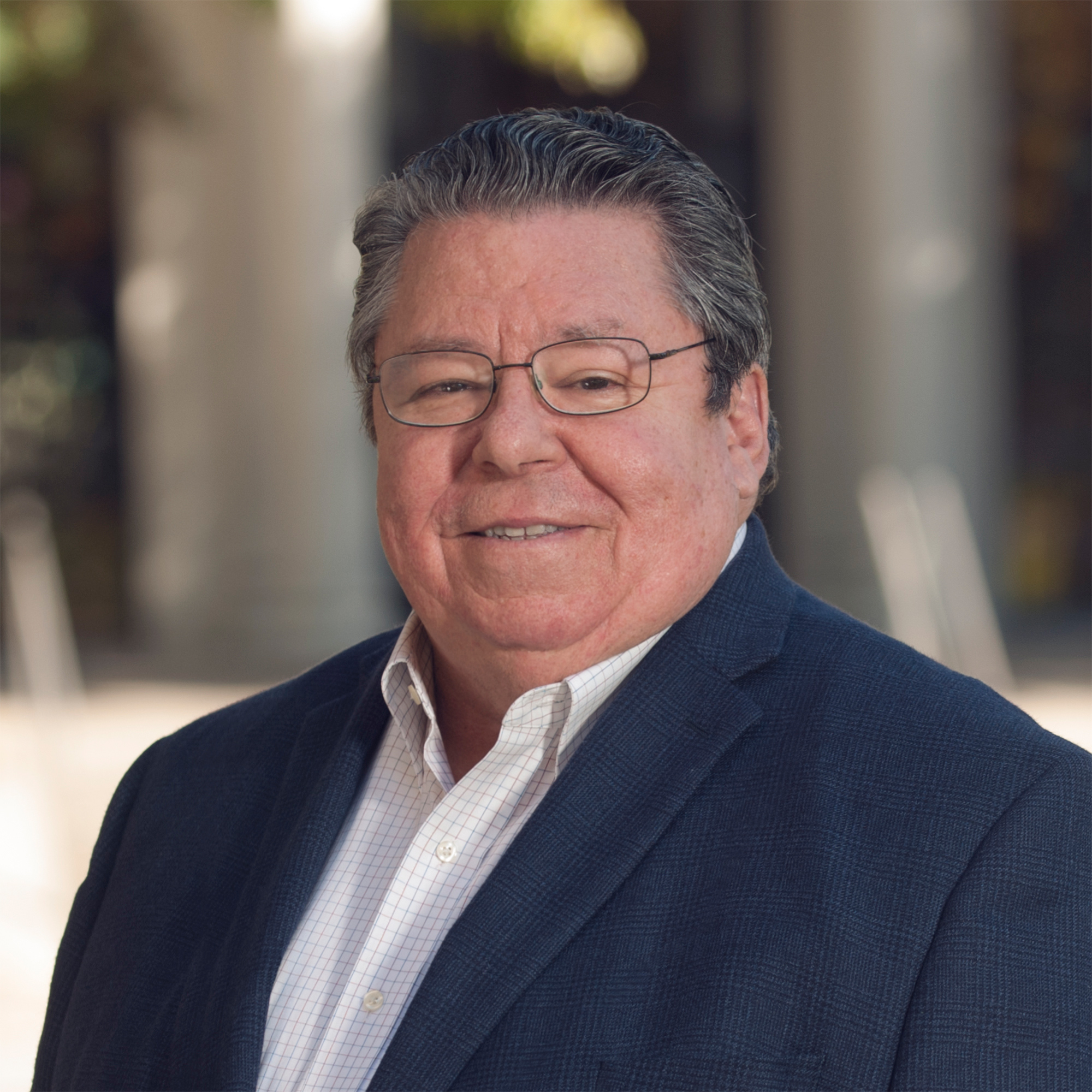The Weight of Glory

How much does glory weigh? What an odd question! That is, until we learn that the Old Testament word for “glory” is kabod, which has a primitive root meaning “heavy.” Used in a negative sense, something weighty is something burdensome. When used in a positive sense, such heaviness means wealth and honor. Weighty issues are important ones.
Moses wrote that when we give weight, or honor, to our parents, our actions please God (Exod. 20:12). The apostle Paul, well-versed in the Hebrew Bible, picked up on this “weight” metaphor in his letter to the church at Corinth about future glory: “Therefore we do not lose heart. Though outwardly we are wasting away, yet inwardly we are being renewed day by day. For our light and momentary troubles are achieving for us an eternal glory that far outweighs them all. So we fix our eyes not on what is seen, but on what is unseen. For what is seen is temporary, but what is unseen is eternal” (2 Cor. 4:16–18).
Picture the scales of justice hanging equally when empty. Then imagine the sin, pain, and burdens of the world piled on the left, with God’s glory on the right. Like a speck of dust against a bar of gold, the temporal world cannot compare with the weight of God’s eternal glory.
I believe C. S. Lewis had this in mind when he wrote The Great Divorce, a fictional work about heaven and hell. In it one character says, “All the loneliness, angers, hatreds, envies and itchings that [this world] contains, if rolled into one single experience and put into the scale against the least moment of the joy that is felt in Heaven, would have no weight that could be registered at all.” On one side we have vapor. On the other, we have the weight and value of glory and eternity.
In this issue of Kindred Spirit, we consider what it means to invest in eternity, in what lasts, in what’s glorious and weighty. We’ll explore what the early church taught about generosity—how we can give away temporal things to gain what’s eternal. We will look at what the apostle Paul and missionary William Carey teach us about the kind of endurance that’s possible only with a glorious end in view. And we’ll meet a DTS alumnus in Monaco who finds it more challenging to minister to the materially rich than to the poor.
In this world we may talk about saving time, but we can’t save it. We can only invest it. We can save money for a time, but we can’t take it with us. In fact possessions in this world get stolen, burned, moth-eaten, corroded, or spoiled. But like Mary of Bethany we can choose what is better—the one necessary thing “which shall not be taken away” (Luke 10:42). That’s the real wealth we choose to “send on ahead.” And how much does it weigh? Everything.
About the Contributors

Mark L. Bailey
Dr. Bailey assumed the role of DTS Chancellor after serving for 19 years as the Seminary’s fifth President, and continues his role as Sr. Professor in the Bible Exposition department. In addition to his years at Dallas Theological Seminary, he has pastored various churches in Arizona and Texas. He was a seminar instructor for Walk Thru the Bible Ministries for twenty years and is in demand for Bible conferences and other preaching engagements all over the country and world. His overseas ministries have included Venezuela, Argentina, Hungary, and China. He is also a regular tour leader in Israel, Jordan, Egypt, Turkey, Greece, and Rome. His board service includes Bible Study Fellowship, Walk Thru the Bible Ministries, and Word of Life.

